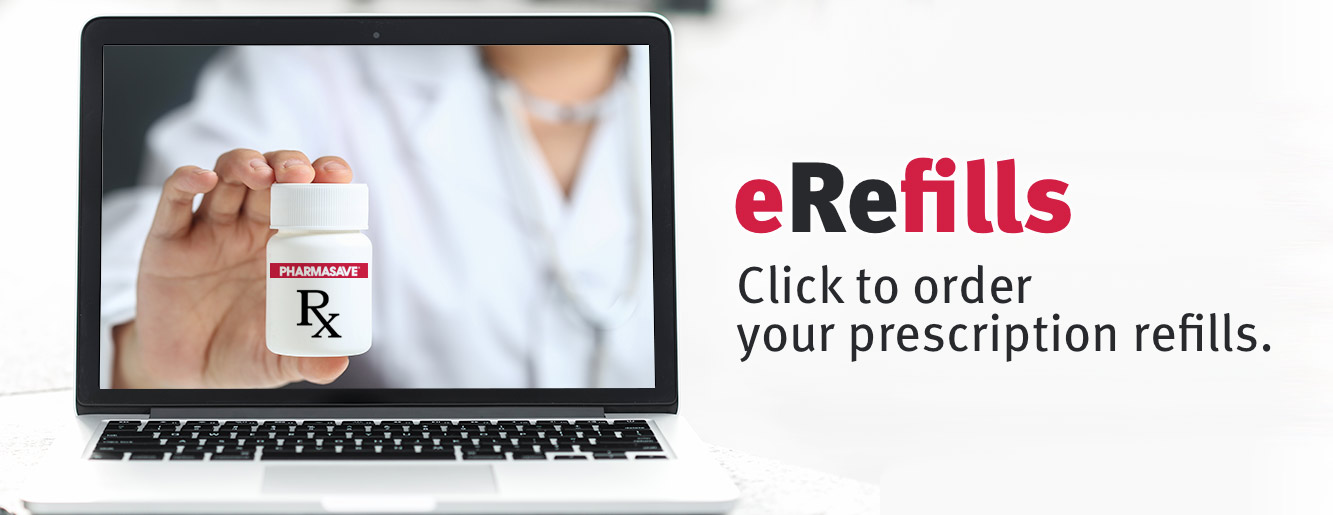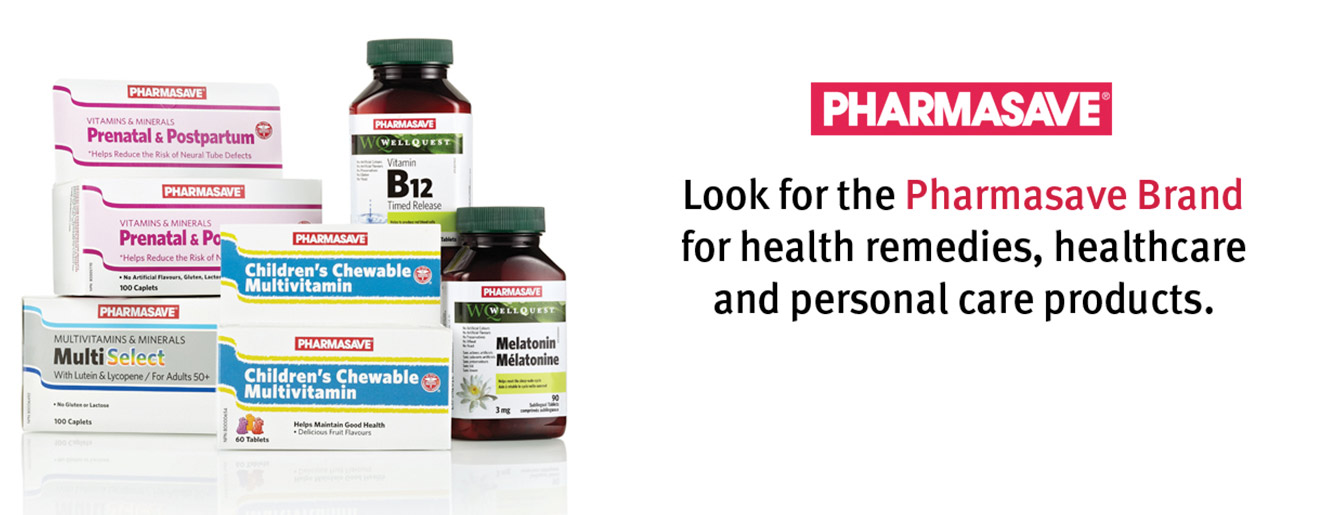
Sun & Skin Care – Sunscreen
Sunscreen: A User’s Guide
Applying sunscreen is one of the best ways to protect your skin from the harmful effects of the sun’s ultraviolet (UV) radiation. Before you slather it on, read these 3 sunscreen facts.
Sunscreen ingredients can go bad. Sunscreens definitely have an expiry date. The expiry date may be 2 or 3 years from the day you purchased it, but always check the bottle. If it’s past its prime, throw out that bottle and purchase a new one.
Sunscreen ingredients work in two different ways. The ingredients in sunscreens literally shield your skin from the sun’s damaging UV radiation. Physical ingredients reflect the light or cause it to bounce and scatter. Chemical ingredients absorb the light into themselves. Many formulas make use of both types of ingredients, often called “broad spectrum” sunscreen, and this is the type often recommended for people to use.
Sunscreen labels may not tell the whole story. Scanning a sunscreen label, you may see a lot of acronyms – like UVA, UVB, and SPF. Here’s a breakdown for you:
- UVA is the radiation from the sun’s light that penetrates into the skin and causes the changes that make your skin appear darker, or tan. To protect your skin from the damage of UVA radiation, you need sunscreen with the physical blockers mentioned above, like zinc oxide or titanium dioxide.
- UVB is the radiation from the sun’s light that is responsible for the surface redness and pain of sunburn. Both UVA and UVB are associated with skin damage, skin cancer, and premature skin aging.
- SPF stands for “sun protection factor.” It measures how much the sunscreen protects your skin from UVB radiation. The SPF represents how many times longer you can be exposed to the sun before getting burnt. For instance, someone with exposed skin with no sunscreen starts to burn after 2 minutes. That same person wearing SPF 15 sunscreen would be able to be exposed to the sun for 30 minutes (15 multiplied by 2 minutes) before burning.
Ask Your Pharmacist
Q: Which sunscreen should I use?
A: Sunscreen comes in many varieties and you have so many choices: lotion, gel, spray, creams, sticks, and others. Which do you choose? As long as you choose a sunscreen that is water-resistant with broad-spectrum protection and an SPF of at least 30, the rest is up to personal preference. Consider a cream if you have dry skin, and opt for a stick sunscreen to apply around sensitive spots like the eyes.
Do you have a question? Don’t hesitate to ask your Live Well Pharmacist.
Health Tip
No sunscreen is truly waterproof. Even “water-resistant” formulas will need to be reapplied after going swimming or taking a shower. So when using sunscreen, remember to apply sunscreen liberally (2 to 3 tablespoons per application), rub it in evenly across all parts of your body that will be exposed to the sun, and reapply after getting wet.
All material © 1996-2013 MediResource Inc. Terms and conditions of use. The contents herein are for informational purposes only. Always seek the advice of your physician or other qualified health provider with any questions you may have regarding a medical condition.

